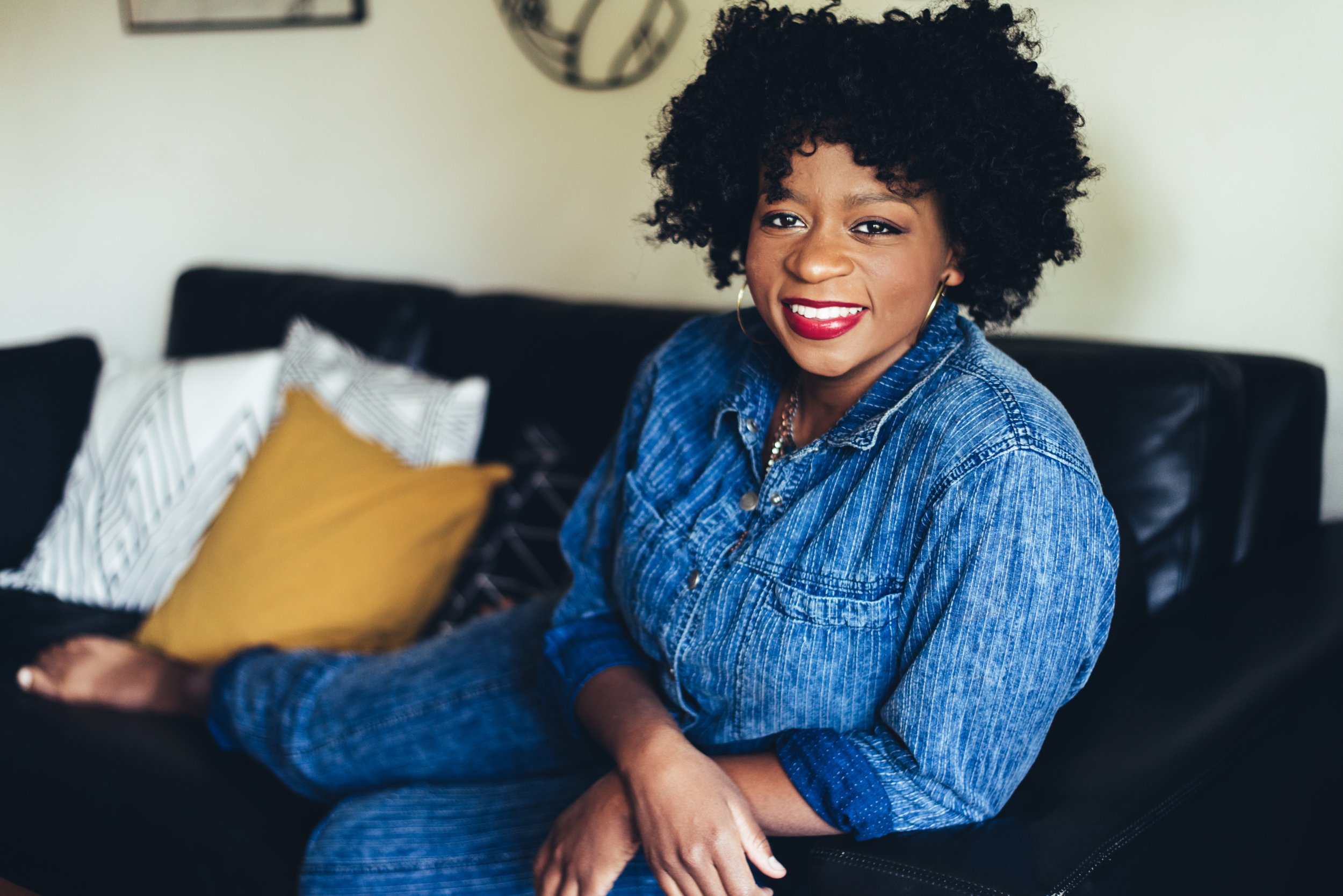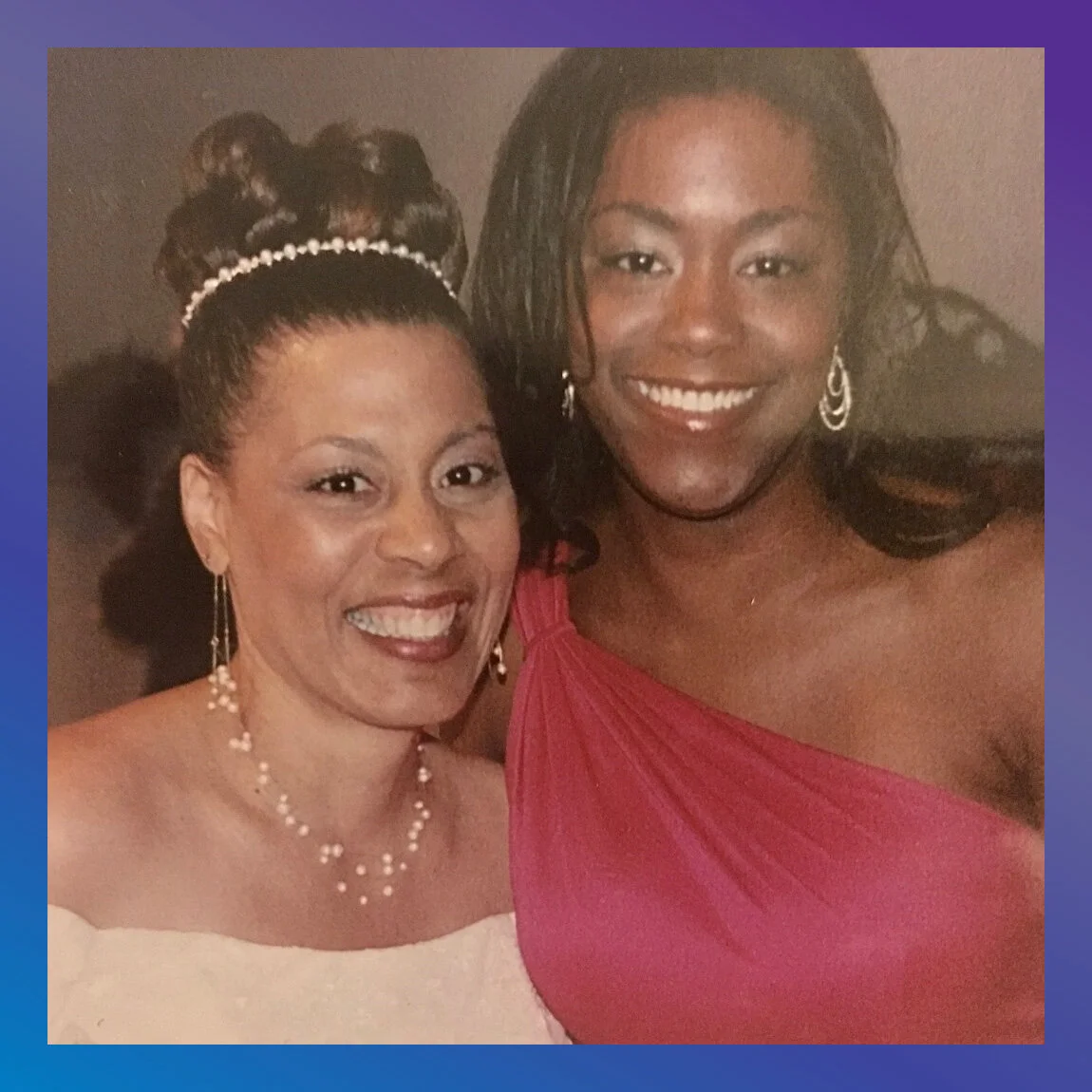
Welcome! We’re a delightful podcast about a dismal topic - sexism and racism in the American workplace.
(And in case you’re wondering, yes, your workplace is sexist.)
Season 3 Episodes:
Earlier this week, longtime NPR host Audie Cornish announced she's quitting her job. Soon after, public media Twitter started re-asking questions it's been asking for a while now: why are so many people of color leaving public radio? Audie's co-host Ari Shapiro tweeted a thread about it, including re-tweeting a list from NPR podcast host Sam Sanders listing all the hosts from underestimated backgrounds who'd recently left NPR (that list is now outdated). Other folks pointed out that this pattern doesn't end at highly visible national hosts. All over the country, at your favorite NPR member station, people in management are very likely wondering why their staff isn't more diverse. Why it's "so hard" to hire and retain people of color in public radio newsrooms. It's with that context in mind that we decided to share this episode, where Eula (a part-time freelancer) and Jeannie (a full-time permanent employee) tell the story of the day they learned their podcast would no longer be produced by the Seattle NPR station KUOW, and what that meant for each of them.
Have you ever found yourself in a situation where you wanted to be an effective ally or advocate for a co-worker, but when a situation arises that seems like you should be doing or saying something, you worry that you won’t do the most helpful thing? That your actions or words might actually make things worse for your co-worker? How do you know you’re actually helping?
This is a dilemma that comes up a lot in emails from listeners. Fortunately, we’ve got expert ally Phyllis Fletcher (who’s also an award-winning editor and author) here to help.
“How did you two meet?”
When it comes to this podcast, that's the question Eula and Jeannie get asked the most. And it's one of their favorite stories to tell. So on this episode, we're doing something a little different. We're having them tell the story of how they met and their friendship.
Our most popular episode ever is about imposter syndrome, in part because of all the individual tactics we explore to rid ourselves of it. But friend of the show Jodi-Ann Burey doesn’t buy that premise at all. So we asked her to tell us why she thinks imposter syndrome is bulls**t. Which is exactly what she did - in a delightful, hilarious, thought-provoking way.
Angela 'Merk' Nguyen has been told she's too much - at her job and even before that. But instead of shrinking and becoming invisible, she went in the opposite direction. She stayed visible. She spoke up to people in her personal life and professional life. And she tells Jeannie and Eula why - even though it wasn't easy to keep speaking up - she'll never go the invisibility route.
Even before the conservatorship, Britney Spears had to figure out how to navigate a stunningly sexist workplace. The kind of workplace where it was considered charming for a fully adult Ed McMahon to compliment your "pretty eyes" and ask if you have a boyfriend...when you're ten years old...and on national television.
When Marisa Renee Lee's mother passed away, Marisa tried to do everything right. She continued to work hard at her job. She saved her asks for time off and support at work for when she really needed it. And she tried to make sure all the tasks that surround a loved one's illness and passing were completed in an efficient way. Her lesson: you can't project-manage and hustle your way out of grief. Even if everything around you is saying that's the way forward.
A few months ago, we asked members of the BTSW Facebook group whether they were experiencing grief, and what they were grieving. We got dozens of answers - people were grieving their lives before the pandemic. Live music and theater. Child care. Friends, family, and partners. Jobs. Relationships. Those answers made something very clear - we are all grieving. Many of us are grieving multiple losses.
Even in the Before Times, the restaurant industry had problems. Seventy percent of its women and femme employees said they'd experienced sexual harassment on the job. And then Covid hit. Jeannie and Eula talk with a longtime server in Illinois about how her job changed with the pandemic, and how waiting tables during Covid has changed her.







